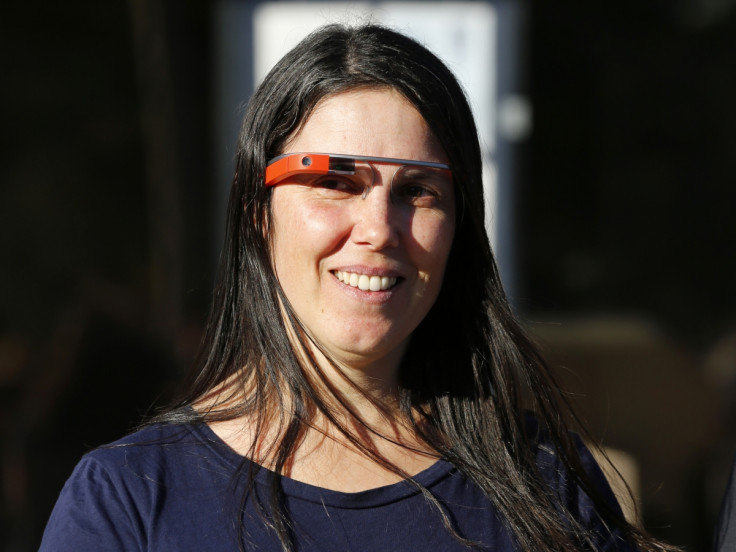Case Against Google Glass Driver Dismissed in Court

A woman who was issued a traffic ticket for speeding and driving while wearing Google Glass has had her case dropped by a California court.
Cecilia Abadie was pulled over by a police officer on 30 October, 2013, and was cited for breaking a California law which bars motorists from watching television while driving. Abadie was also ticketed for driving at 80mph in a 65mph zone.
We have to start experimenting with Glass...a hands-free device is safer than a cell phone
Although Abadie was accused of using a visible "monitor" - usually meaning an in-car television, which can be watched by passengers, but not the driver - a San Diego court commissioner ruled he had found no proof the Google Glass device was operating at the time. She was also found not guilty of speeding.
Abadie, a web and mobile application developer, said after the hearing that Glass does not give drivers any blind spots, adding: "I believe we have to start experimenting with devices like this. A hands-free device is safer than a cell phone."
Glass is not yet on sale to the general public, but has already been bought by more than 10,000 developers keen to experiment with the head-worn device and develop applications to run on it. Each developer pays $1,500 (£920) for Glass, although a retail version due later this year is expected to cost less than half as much.
The device features a projector which beams an image through a prism and into the wearer's right eye, displaying information like incoming text messages, emails and driving directions, and can be used to perform Google searches.
Driving with Glass in the UK
The law for driving with Glass in the UK, where the device is not yet officially available, is currently unclear, and it was recently reported that Google is in talks with the Department for Transport.
Not yet imposing a law one way or the other, the DfT said: "We have met with Google to discuss the implications of the current law for Google Glass. Google are anxious their products do not pose a road safety risk and are currently considering options to allow the technology to be used in accordance with the law."
Glass is a major distraction and crash risk
The DfT has previously said it was working with police to ensure drivers do not use Glass.
Road safety pressure group Brake told IBTimes UK last year that driving with Glass represents a "major distraction and crash risk."
"Driving is the most dangerous thing that most of us do on a daily basis, and requires your full attention at all times. All drivers need to be completely focused and turn off technology when driving, whether it's a phone or Glass," Siobhan McMahon from Brake said.
A spokesman for Road Safety UK concurred, saying Glass is "unlikely to enhance the immediate safety of the driver and surrounding road users. Their use in the car...should be strongly avoided."
© Copyright IBTimes 2025. All rights reserved.





















